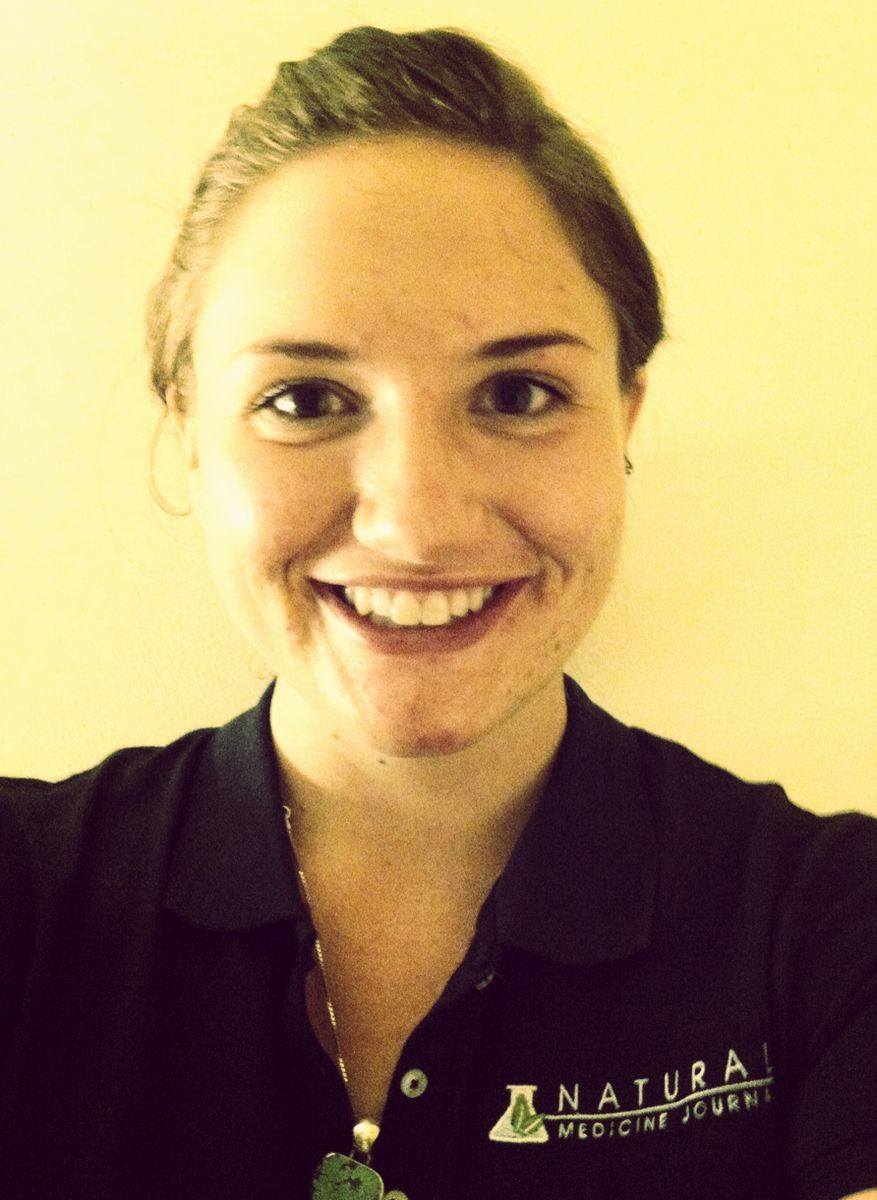What began in 2004 as a student club at Southwest College of Naturopathic Medicine in Tempe, Ariz., has become a full-fledged network of community health projects around the globe. Naturopaths Without Borders (NWB) combines naturopathic healthcare and community-building to deliver education, sanitation, economic development, and health technology to underserved populations everywhere.
NWB is built on the belief that providing medical care alone is not adequate, and that addressing the causes of illness, educating patient populations, and providing long-term interventions will give communities in need access to optimal health. NWB started its first international site in 2006 and opened a second this spring. In this interview with NWB Executive Director, MaryK Geyer, ND, we take a close look at this familial organization dedicated to providing and sustaining access to natural medicine resources to international and domestic communities in need.
Natural Medicine Journal: What inspired the founders of NWB to create this organization?
MaryK Geyer: There was not one specific event that inspired the birth of NWB—rather a belief by its members that healthcare is a human right, not a privilege. We believe that everyone deserves the best healthcare regardless of their finances, and naturopathic medicine is well-suited for resource-poor settings. These were our original guiding principles and have remained as such.
NMJ: Why is naturopathic medicine well-suited to addressing the health needs of underserved populations?
MKG: The conventional medical model is a very expensive. Naturopathic medicine is a very dynamic model, easily malleable to respective communities based on local and organizational resources, political and cultural landscapes, and other influencing factors. With naturopathic medicine we have so many tools to draw on when educating and treating our patients. By empowering communities through education, supporting growth, and cultivating sustainable resources, we are addressing the determinants of poor health in those communities.
NMJ: What were the most notable setbacks in founding NWB and how were those issues managed?
MKG: We have a tendency to re-invent the wheel in our profession. When we first began, our directors did not have experience creating a nonprofit organization. This meant figuring out everything—from registering as a nonprofit, filing for 501(c)(3) status, and registering as a charitable organization with Department of Justice to marketing, grant-writing, fundraising, clinic management, employee and volunteer management, and more.
NMJ: What have the greatest success of NWB been so far?
MKG: A big piece of our success has been a strong and devoted core team of members. Our directors have met weekly, committees and sub-committees monthly, and even our board has met monthly to ensure that we are constantly dialoguing and navigating through any perceived challenge in the best possible way.
We had already been running a clinic in Puerto Peñasco, Mexico, for several years before we became a global nonprofit organization, and we began another clinic in Portland, Ore., during our first official year as a nonprofit. Now we are excited to announce that in February 2013 we successfully launched our clinic in Morne Rouge, Haiti.
NMJ: If you could offer one piece of advice to people who want to make a difference, to help people the way NWB does, but who feel that they alone can’t, what would it be?
MKG: We often get students and doctors who have a passion for a specific mission but are unsure of how to transform their vision to a reality. We recommend they start with research. Find out if there is another organization that has your same mission. If so, go and talk to them. If there is not an existing organization that shares your vision then find a mentor who can help you to take the proper steps necessary to build a strong and sustainable nonprofit. If the organization does not succeed, it cannot fulfill its long-term vision and mission.
NMJ: What are your greatest needs from volunteers (time, donations, etc.)?
MKG: Our supporters have been so generous, and we are very grateful. Donations of time (volunteering), money, and supplements keep our clinics running and allow us to serve our mission and vision.
At our new full-time clinic in Haiti, we will be practicing with an established Haitian medical doctor, Dr. Martine, and will be renovating the building in many ways, including adding solar energy. We will be building a garden pool, in collaboration with a local nonprofit gardenpool.org, and we’ll be working on community education courses, collaboration with local doctors, healers, and schools, as well as delivering medical care.
Of course, monetary and supplement donations allow us to continue to deliver the medicine and care to the communities we serve. We are also in need of on-site volunteers for renovations and medical volunteers through trips at each of our clinic sites. We’ll be developing internships and volunteer opportunities for day-to-day, state-side tasks.
NMJ: You refer to Naturopaths Without Borders as your family. What makes NWB a family?
MKG: We are fond of the expression from Tracy Kidder’s book, Mountains Beyond Mountains. In it he writes “Patria es humanidad," roughly translated to, "the only real nation is humanity." NWB is a family because we share the same passion to serve our nation and grow stronger, healthier communities—and thus a stronger and healthier world.
Naturopaths Without Borders is constantly growing and expanding. The volunteer possibilities are endless. If you are inspired to inquire about opportunities to volunteer with Naturopaths Without Borders, visit www.naturopathswithoutborders.org/contact. If you want to be involved but can’t offer your time, you can visit their website for more information on making a tax-deductible donation.

MaryK Geyer, ND, at the Naturopaths Without Borders Puerto Peñasco Clinic
Editor's note: Since the June 2013 issue of Natural Medicine Journal was published Dr. Sean Hesler became the new executive director of Naturopaths Without Borders.






